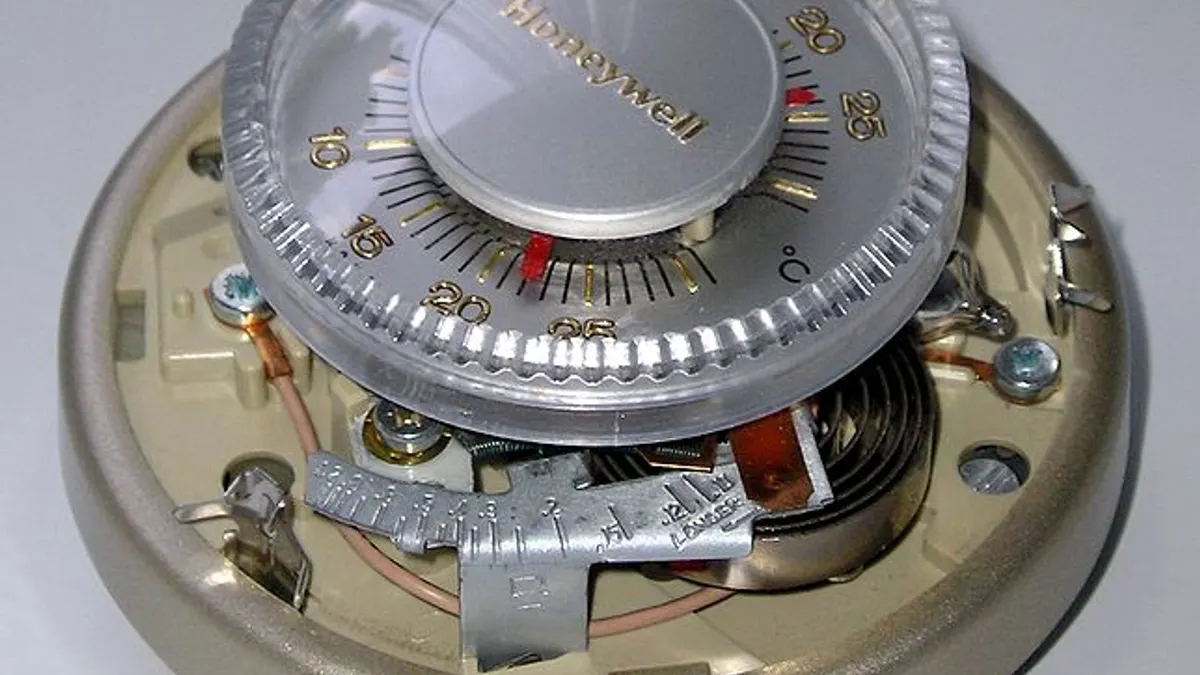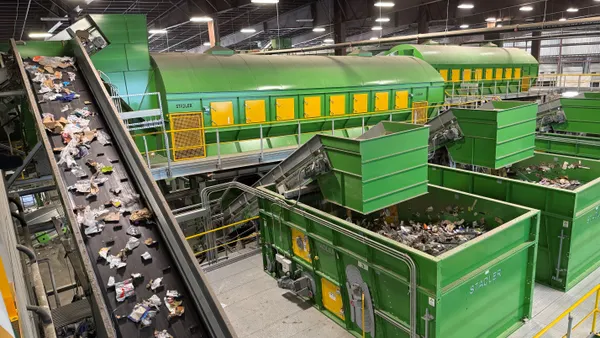Dive Brief:
- A substantial amount of mercury still makes its way into landfills in Massachusetts, prompting state lawmakers to pass a law ostensibly aimed at increasing the state's low mercury recycling rate.
- Under pressure from manufacturers, the mercury legislation that was eventually passed eliminated target rates and fines for offenses related to mercury recycling.
- The target rate set under MA's original mercury management law in 2006 was 40%. Manufacturers who didn’t meet established mercury recycling goals were supposed to be fined up to $1 million for failing to meet recycling requirements. These fines were nixed by the new legislation.
Dive Insight:
Manufacturers say even the 40% rate was unattainable. Mark Kohorst, a spokesperson for the National Electrical Manufacturers Association said manufacturers were “paralyzed” by the recycling rate, and that the law was “unworkable.”
The new version of the mercury recycling law that did eventually pass lacks targets and incentives. It does, however, collect $300,000 in fees from about 40 companies that manufacture lightbulbs and thermostats across the state. The monies pooled will be used to promote mercury recycling. The law also sees to it that municipalities can impose their own penalties for violations.
Ed Coletta, a spokesperson on behalf of the state Department of Environmental Protection said that the new program will “increase access to mercury recycling for all communities across the Commonwealth.”













